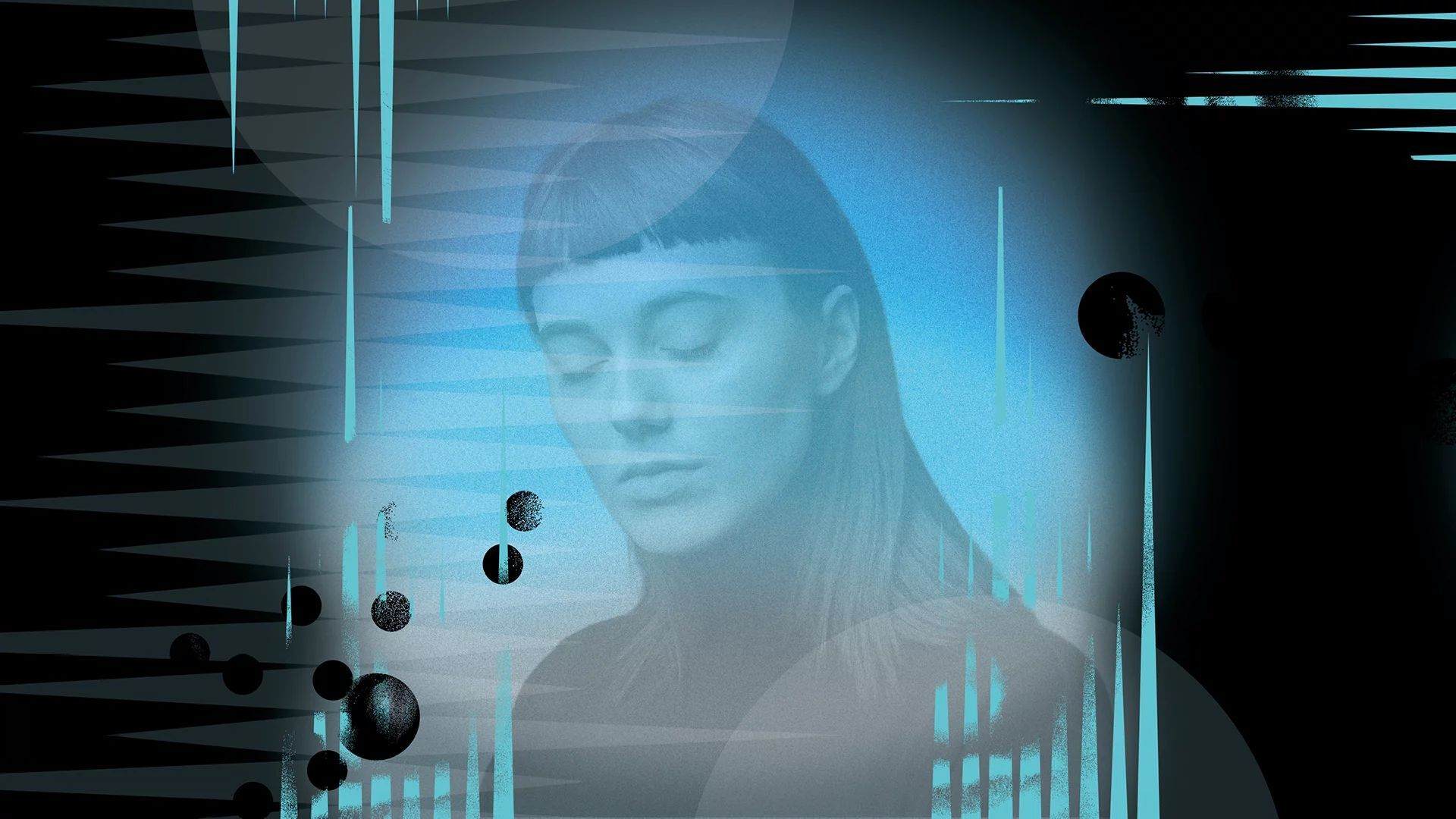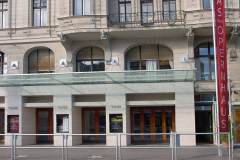Das Paradies und die Peri
November 2024 | ||||||
|---|---|---|---|---|---|---|
Mo | Tu | We | Th | Fr | Sa | Su |
Oratorio in three acts
Tale from Lalla Rookh by Thomas Moore
What do we have to do to enter paradise? The Peri, a spirit from Persian mythology, is initially barred from entering since she is the daughter of a fallen angel and a mortal. She is forced to accept that neither heroic courage nor selfless love is enough to earn admittance. It is not until she shows pity that the gates of paradise open for her. Robert Schumann’s secular oratorio Paradise and the Peri is based on a literary fairy tale by Thomas Moore which mingles orientalism and the Romantic conception of salvation. The Peri’s three attempts to enter paradise inspired Schumann to write a score full of colour and drama which, in the apotheosis of the redeemed Peri, takes on characteristics bordering on the ecstatic. Like no other composer before him, Robert Schumann reflected intensively on linking life as an artist with salvation through art, and also tried to practise it in his marriage to his wife Clara. Director Christof Loy turns the oratorio into a psychological chamber piece that merges the character of the despairing Peri with the married life of the Schumanns. Schumann’s oratorio is complemented by piano compositions and Lieder by Robert and Clara Schumann and Pauline Viardot.
In German with German and English surtitles
Introduction to the work 30 minutes before curtain-up
Program and cast
Conductor: Giedrė Šlekytė
Director: Christof Loy
Stage: Raimund Orfeo Voigt
Costume: Ursula Renzenbrink
Lighting: Olaf Winter
Dramaturgy: Kai Weßler
Soprano I (Peri): Elsa Dreisig
Soprano II: Sarah Defrise
Mezzo-soprano: Samantha Hankey
Tenor I: Werner Güra
Tenor II: Cameron Becker
Baritone: Daniel Schmutzhard
Bass: Levente Páll
ORF Radio-Symphonieorchester Wien
Arnold Schoenberg Chor
Theater an der Wien
About the Theater an der Wien
The New Opera House is not just any theatre, but the one that Emanuel Schikaneder, the all-round genius, actor, impresario with a flair for organization but above all librettist of The Magic Flute, had built in 1801 in Vienna in keeping with the spirit of Mozart.
To coincide with the 250th anniversary of Mozart’s birth the Theater an der Wien presents itself as a new opera house from January 2006. As a “season” opera house with productions all the year round the Theater an der Wien carves a new and independent niche in the realm of high-quality culture in Vienna. For twelve months of the year, with one premiere every month, opera will be performed under the “stagione”, or season, system: that means the cast remains unchanged from the first performance to the last one, which guarantees that the very highest international standards are maintained.
The theatre’s modern, accessible approach to music theatre as demonstrated by the works performed, the overall artistic concept Bespielung and the artistes is further underlined by the building itself, its architecture and the vibrancy of its location. The surroundings and materials, the intimate atmosphere and perfect acoustics in the historical theatre prepare the senses to experience beauty. The Theater an der Wien deliberately enters into a symbiotic relationship with its lively surroundings on the Naschmarkt street market and the young cultural scene centred in the Schleifmühl quarter.
How to get there
With public transport:
We can be reached by public transport:
U1, U2 und U4 Station Karlsplatz, Exit Secession
Bus 59A Station Bärenmühldurchgang
Bus 57A Station Laimgrubengasse, pedestrians via Laimgrubengasse to Linke Wienzeile
KAMMEROPER:
Fleischmarkt 24, 1010 Wien
We can be reached by public transport:
U1, U4: Station Schwedenplatz
Tram Linie D (bei Ablenukung über Kai), 1, 2: Station Schwedenplatz
Bus 3A (on workdays)

 EN
EN DE
DE IT
IT FR
FR ES
ES RU
RU JP
JP RO
RO
 Seating plan
Seating plan 